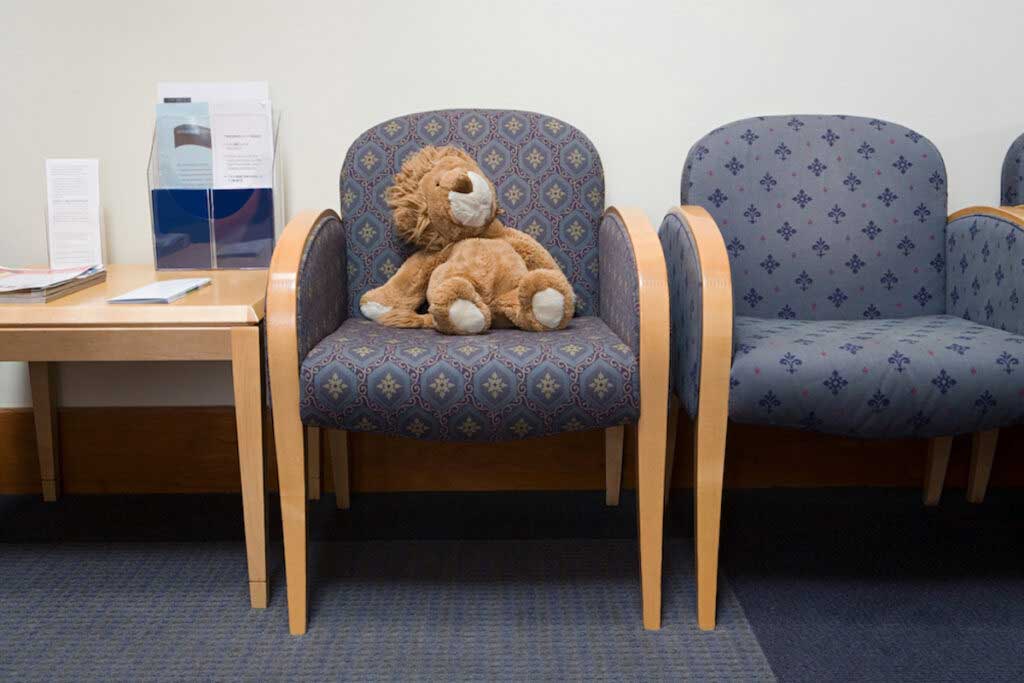I’m a single parent by choice with a child who just turned 1. I’ve started thinking about a second, but I’m concerned with just one income about what that would mean for my kids. I grew up in poverty and always dreamed about being able to actually travel with my kids and help give them opportunities that I never had. With two kids, it would be harder to afford those things (let alone a house or new car while paying two day care bills). I know the decision about a second is mine alone, but is there any way to weigh the choice between giving my child a sibling or giving them more resources?
—Conflicted SMC
This is such a deep and thoughtful question.
One way into answering it is to ask whether we have any reliable data on the relationship between things like exotic travel or expensive summer camp and children’s success or happiness. The short answer is no. It’s absolutely true that resources (income, parental education) correlate with success, but it’s extremely difficult to attribute that to anything specific. The psychology literature emphasizes stability and support at home as important for children to thrive; stability and support is quite different from a vacation to Hawaii.
Instead of thinking in a data-first way here, I would suggest that the key to weighing this choice is to structure your thinking, perhaps along the lines of the “Four Fs” approach I discuss in The Family Firm.
- Frame the question: Here, it seems clear. Your question is, should I have a second child or not? (This is a case, unlike some, where the “or not” is well defined — to have only one child.)
- Fact-find: The goal of this step is to put together all the considerations in one place. Sometimes that is data, but in this case it feels like what you need to do is some careful thinking about the tradeoffs. What would a second child mean financially in the short and long term? Would it mean no vacations? Just less elaborate vacations? What would it mean for your housing situation? The long term (no day care bills) may be different from the short term. Rather than thinking about each piece separately, try to fully get down all the information you feel like you need.
- Final decision: Pick a time to make a decision, and make it. Weigh the evidence you collected against your own preferences. Do you see your family as complete? That’s an important consideration here. Hard decisions like this can fester, having us go back and forth endlessly as we bring additional evidence in. The goal of this Four Fs approach is to get the information you need all at once, and then make a decision and be able to move on (for the moment) without revisiting.
- Follow-up: Once you’ve made a decision, schedule a time for follow-up. If you decide to have another, this is less relevant. But if you decide not to, it could be a good idea to put a plan in to re-evaluate in a year. You don’t want to re-evaluate every moment, but we can change our minds, and we want to allow for space to do that.
Good luck!


















Log in